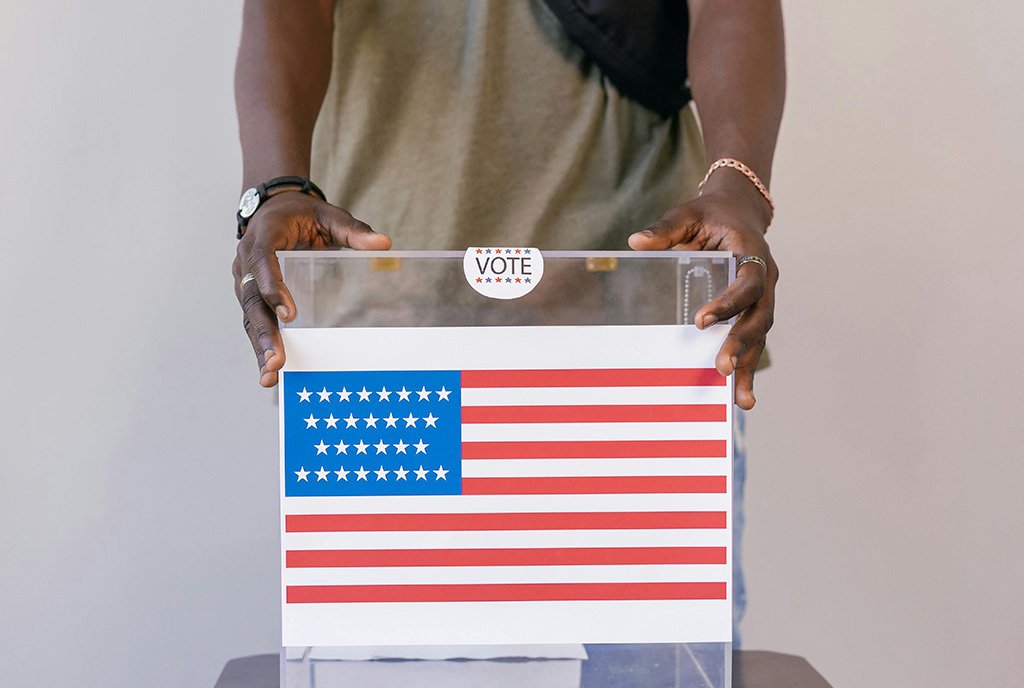
October 24, 2017; Detroit News (Associated Press), CNN, and Education Dive
For Education Secretary Betsy DeVos, it seems protecting the future of students who may have been defrauded by unscrupulous for-profit colleges is less important than protecting those schools’ business interests. Since taking office, she has delayed and questioned the wisdom of implementing rules enacted by the Obama administration. Now, she seeks another year’s delay so she can replace them with weaker regulations.
The rules in question were enacted following revelations that many private colleges had overpromised and undelivered. Their students had been misled by fraudulent claims about the strength of the programs in which they enrolled and were given unrealistic estimates of future earnings. Too many students found themselves seriously in debt upon graduation, with bleak job prospects.
The Associated Press described the challenged regulatory structure as allowing “students to have their loans forgiven if their schools deceived them about their education and career prospects. It also transfers some of the financial responsibility for negative outcomes to the universities and prevents schools from making students sign away their right to sue the schools.”
Mary Frances Mitchner, in NPQ, highlighted one of the “problems” DeVos has focused on—a new rule that “aims to protect students borrowing money from paying for education in a specific program that does not result in gainful employment in that field over a reasonable amount of time, resulting in an inability to repay the loan. Multiple years of this renders the institution ineligible to receive federal financial aid funds.”
These regulations were set to take effect in July, but Secretary DeVos has had them in her sights since her assuming office. She supported industry critics who felt the rules offered too much protection, and now wants to delay them for a year so the DoE can rewrite them to be easier on the schools that caused the problem. The DoE says that during this new rule-writing period, it will continue to process requests for loan relief from among the over 87,000 already filed. New requests will need to await the new rules, and students will continue to face the consequences of the fraud to which they have been subjected.
Sign up for our free newsletters
Subscribe to NPQ's newsletters to have our top stories delivered directly to your inbox.
By signing up, you agree to our privacy policy and terms of use, and to receive messages from NPQ and our partners.
For many who saw education as the path to a better life, the delay in receiving loan relief leaves them in limbo. Education Dive recommended that nonprofit colleges “have someone on-hand who can help students in this particular situation navigate the best ways to find stability” in order to provide needed support and, perhaps turn this lemon into lemonade.
Rick Hess, director of education policy at the conservative American Enterprise Institute, has criticized the Obama efforts as too broad. He told the AP:
There is absolutely no doubt that thousands and thousands of students have been defrauded, at a minimum. It’s also true that if you define these things too broadly, you wind up forgiving loans for students who were not defrauded but who were irresponsible when they made their decision. We can all agree there is an appropriate middle ground, but identifying that middle ground in regulation is tricky.
Maryland Attorney General Brian Frosh, who co-led a coalition of 18 state attorneys general in a lawsuit against the department that asks the Court to ensure the new rules are promptly implemented, sees the delay quite differently: “It’s another example of the Trump administration favoring these predatory for-profit schools at the expense of students, many of whom are vulnerable, and also at the expense of the federal government.”
When Secretary DeVos first announced she would delay the rules, she explained, “We need to get this right for our students, and we need to get this right for our institutions of higher education.” Delay surely benefit the for-profit schools that profited at the expense of their students. But how do those defrauded benefit from delayed relief?—Martin Levine













